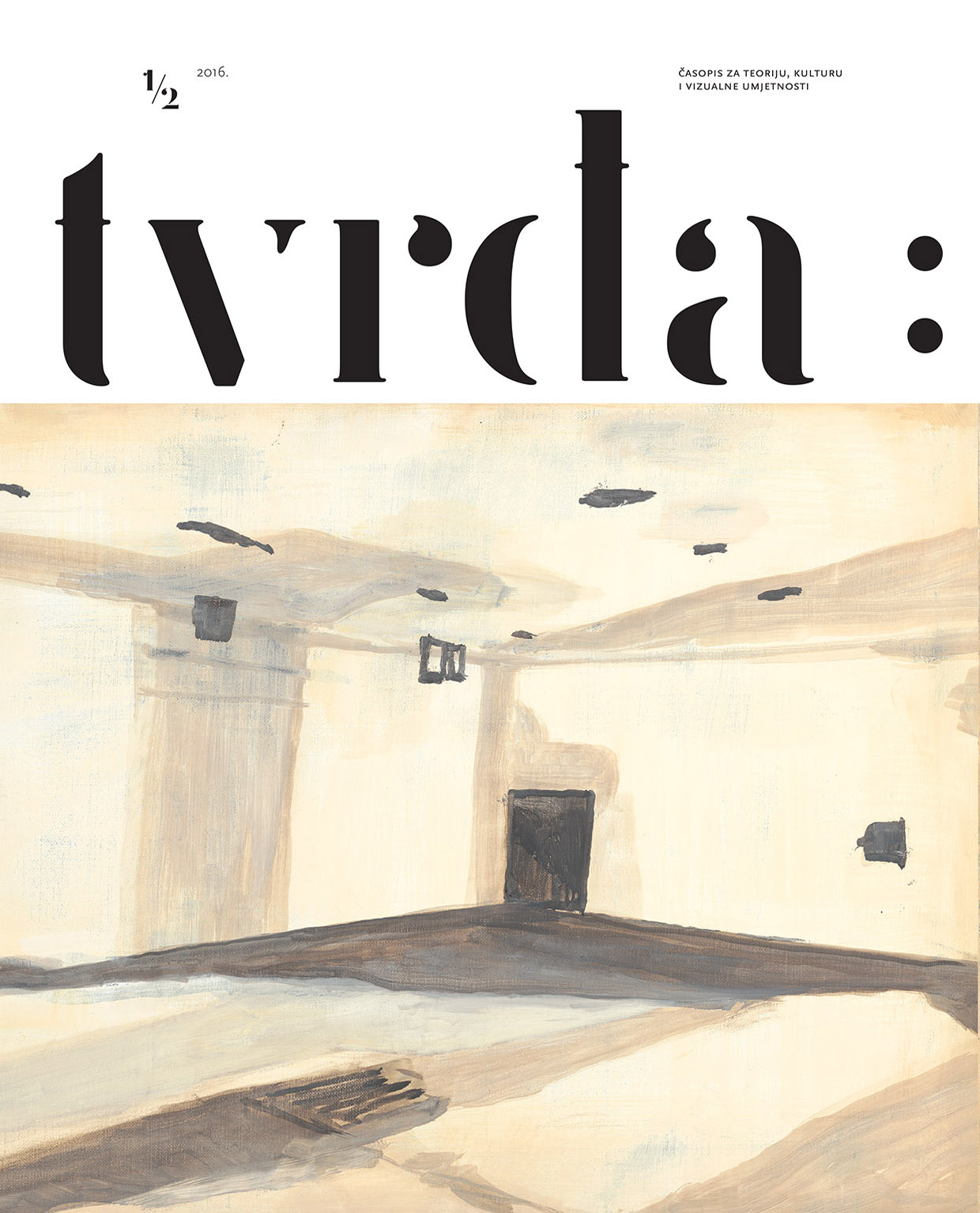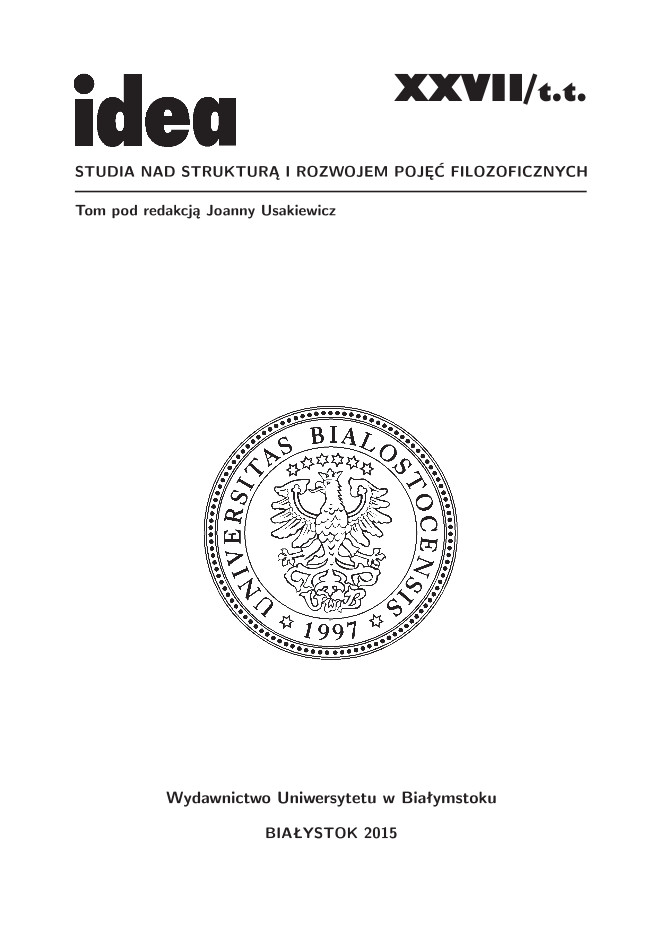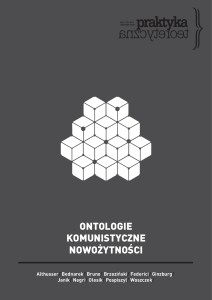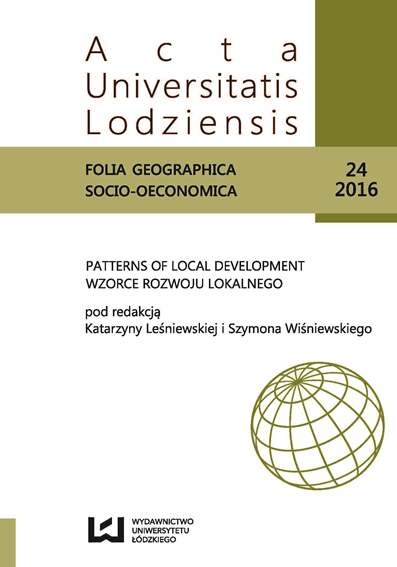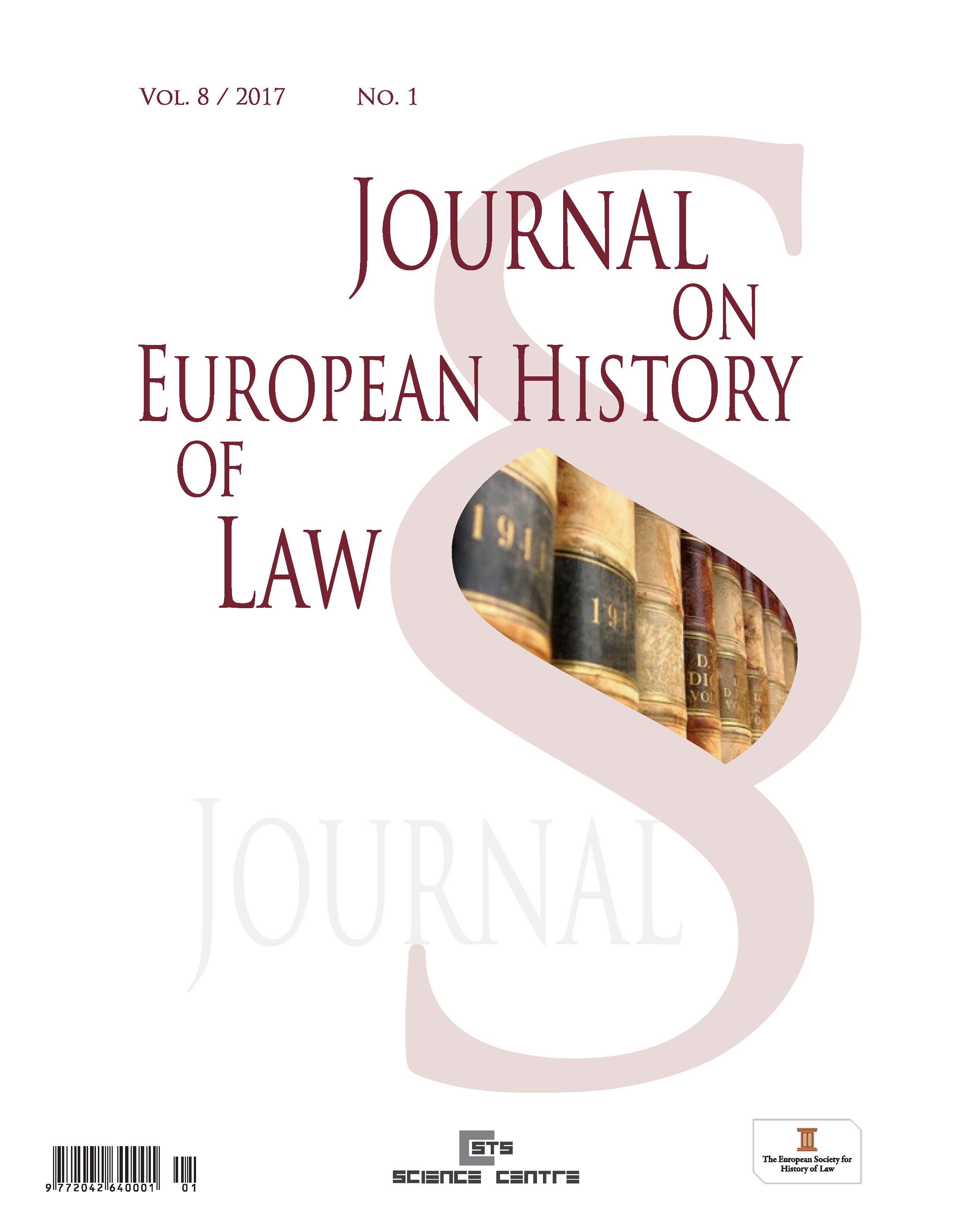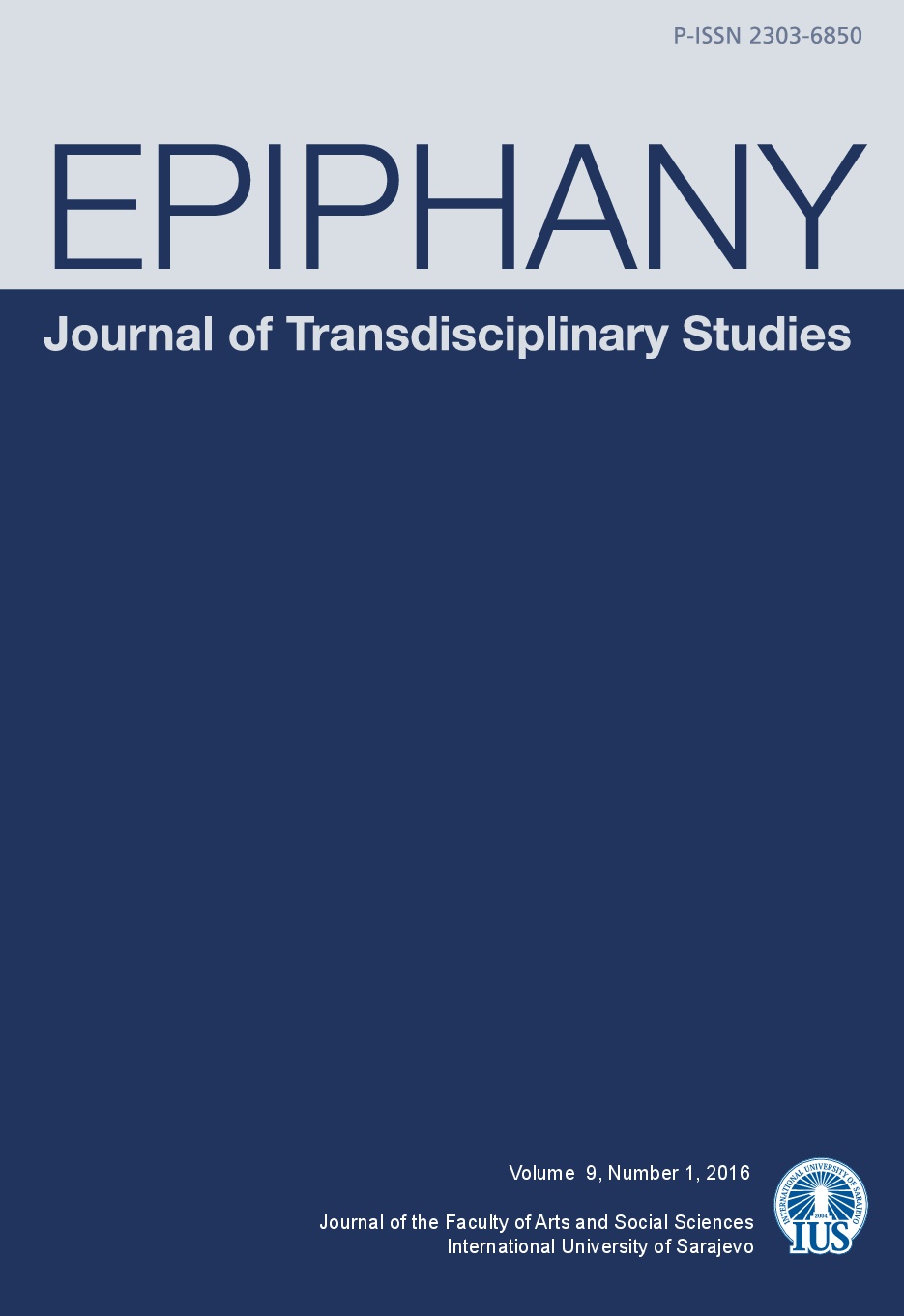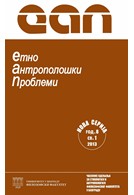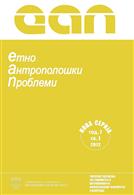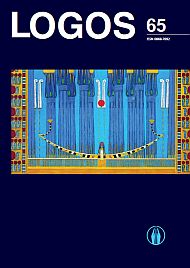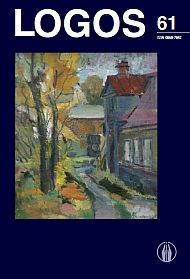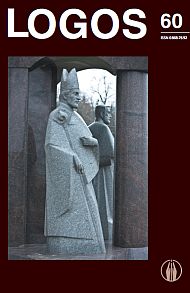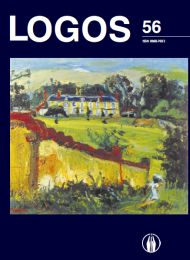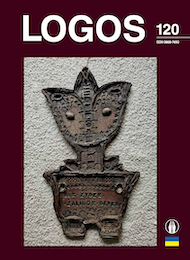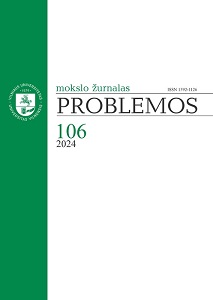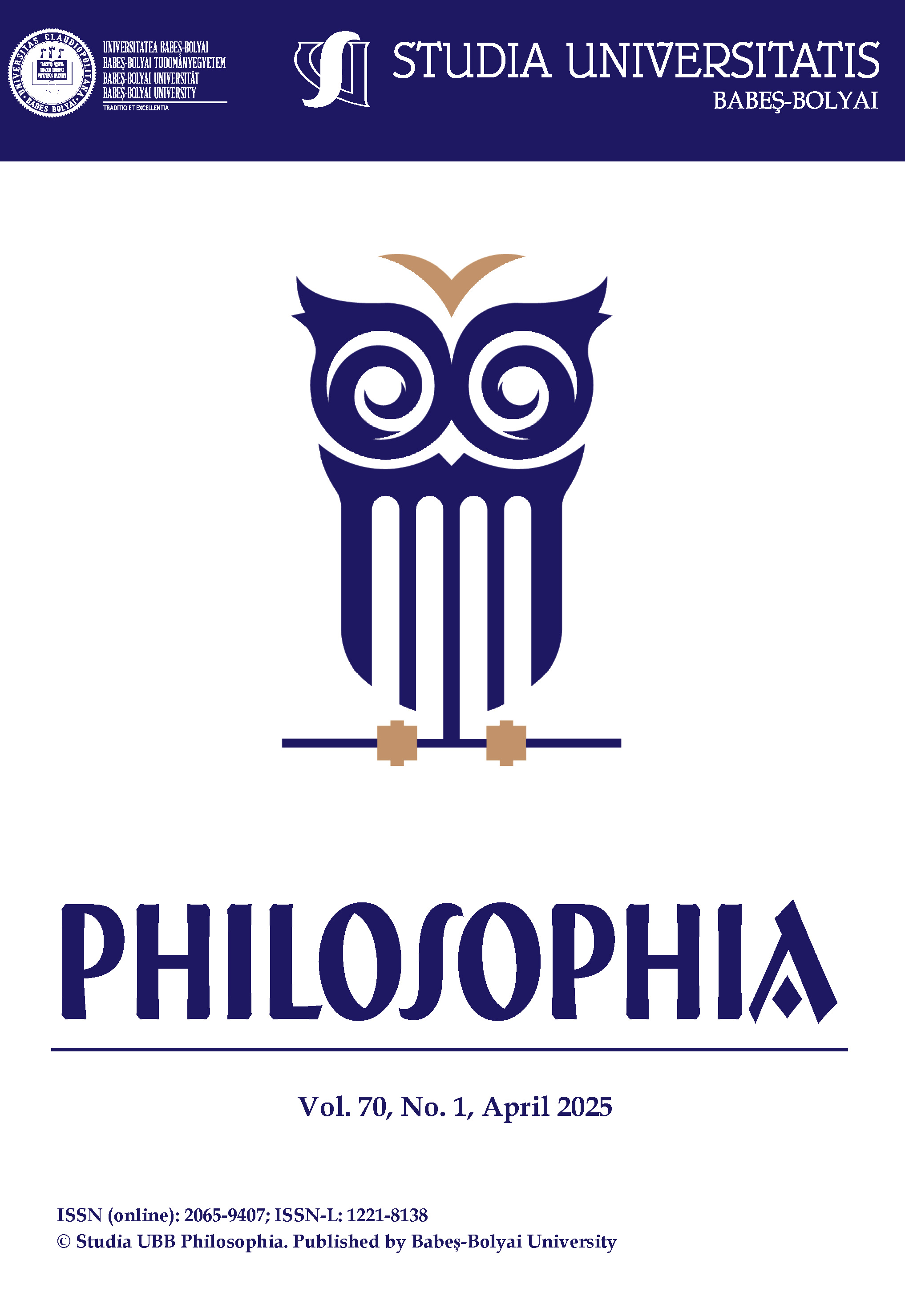Author(s): Zoran B. Kinđić / Language(s): Serbian
Issue: 2/2016
In order to understand Kant’s idea of perpetual peace, the author considers that it should be observed in context of Kant’s entire philosophy, keeping in mind, besides political and legal writings, his discussions on moral, history, anthropology, teleology of nature and religion. Through careful textual analysis, the author shows that the idea of perpetual peace is related to the earthly sphere and establishment of worldly civil constitution. However, the idea is not devoid of a religious dimension, since providence is a guarantor of viability of perpetual peace. Having indicated that for Kant there is no essential difference between notions of intention of nature and providence, the author reminds of the fact that Königsbergian philosopher was closely familiar with the position of theodicy in understanding of the history. Although he advocates perpetual peace and occasionally curses war as root of all evil, Kant, yet, does not overlook the fact that war often plays a role of means for establishing future peace in a hidden natural plan. Keeping an eye on antagonism between sociable and unsociable moment of human nature, great artist of nature gradually leads mankind to concord through discord. Having indicated that freedom is the highest notion in Kant’s philosophy, that his moral philosophy is the highest philosophical discipline, the author emphasizes that political utopia cannot be realized without unity of freedom and virtue. By reminding that, for Königsbergian thinker, the purpose of peace is not in itself, especially if it would mean suspension of freedom, he claims that Kant does not favor existence of a single united world state, but rather a antiwar league of nations, i.e. a federation, exactly due to fear that freedom would be threatened in a single large state. Being aware of social and historical circumstances of his time, and in order not to jeopardize the project of perpetual peace, Kant allows the monarchies to be ruled in a republican way. Yet, a monarchy to him is just a transitional historical phase towards establishment of a republic. After deliberating Kant’s anthropology and history of philosophy, the author indicates that the idea of perpetual peace is not the highest one in Kant’s philosophy. Religious idea of universal republic based on laws of virtue is higher than the idea of a perfect legal and civil condition. Namely, Kant explicitly claims that, indeed, establishment of a universal civil order and perpetual peace are the highest political goods on Earth, but, by far the highest possible good on Earth is a divine ethical community. Since moral progress of humanity is slower than civilizational and cultural progress, it would continue even after constitution of a perfect government. Namely, the purpose of a political project of perpetual peace is creation of a social ground which would be favorable for unlimited development of human predispositions. Following Kant, the author finally indicates the necessity to unite virtue and practical wisdom in a political life. For those who believe in higher justice, who follow Kant’s practical teaching on almighty moral guarantor of harmony between virtue and happiness, it is clear that we must not abandon the principles and surrender to mere pragmatic Realpolitik.
More...
